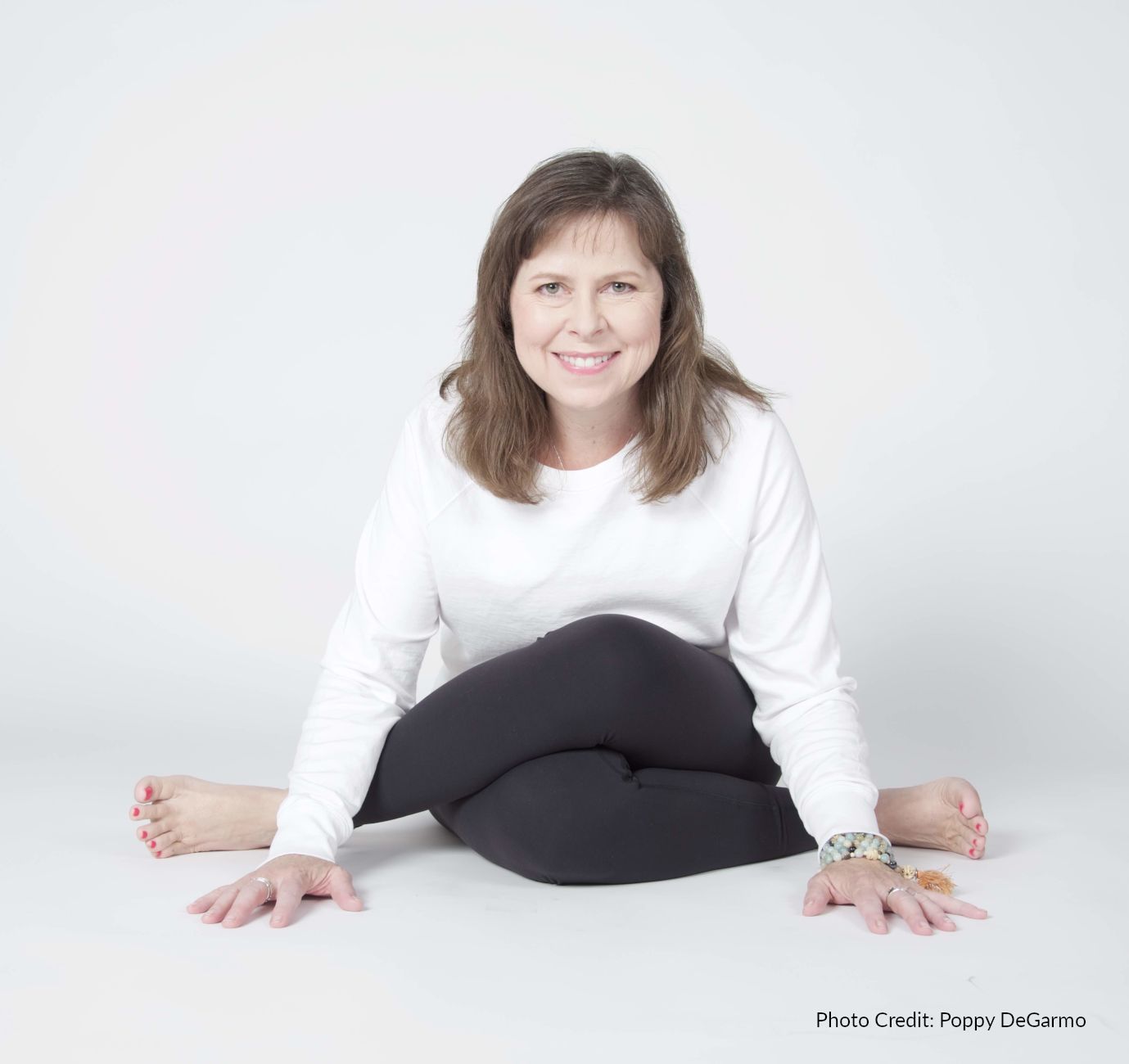Thich Nhat Hanh teaches that even the kindest people can cause harm in relationships if they approach it without skillfulness. Being skillful means we use tools to help us navigate everyday life, including family life. One of our biggest relationship tools is communication. How we talk and how we listen matters. How parents communicate with each member of the family, and how they manage their own emotions, sets the tone for emotional safety in the home. Your children look to their parents as models for emotional regulation and will inevitably mirror their style of communication back to them.
In order to allow for emotional safety in the home, it’s important to understand what that means. Emotional safety means everyone is allowed to express their feelings and vantage points, and be met with respect. True commitment (even if you’re not good at the skill) will impact the love in the home, while lack of commitment will always have a powerful effect. Here are four skills that increase emotional safety in the home:
- Listening: Body language indicates that you’re engaged, not distracted or multi-tasking, and that you refrain from interrupting your child. Ram Dass said, “The quieter you become, the more you can hear.” If you stay quiet long enough, you never know what your child will offer. Reflective listening techniques allow your child to feel heard. You demonstrate that you heard him or her by saying, “What I hear you saying is…” or your own authentic variation of that statement. This tool helps you keep focused and gives your child the opportunity to clarify if you’ve misunderstood.
- Managing your emotions: This means finding your resilience in the situation. When your child is pushing your buttons or disclosing something that makes you feel anxious, the best thing you can do is manage your feelings. When you first focus on nurturing your own upsetting feelings, it allows your child to model themselves after your example and de-intensify their own feelings. You may need to model emotional regulation to them by sharing that you need to take a break to manage your feelings before you come back to the conversation. You could also ask your child to take a walk outside and discuss the topic with you, allowing both of your bodies to move and take in the fresh air. Engaging in emotional regulation techniques allows you to be more mindful of the words and tone you use – take note that the music, speed, and intensity of your tone is actually more powerful than your words.
- Sharing your feelings: This means you take responsibility for your emotions and share them without blaming your child for what you feel. For instance, “I feel sad when we argue,” or “I feel peaceful when I listen to you share your thoughts with me.” Sharing your feelings gives your child permission to do the same, offering you moments of powerful connection.
- Respect: Respect means you allow everyone to have their style, experience, opinions, and feelings without telling them they’re wrong. You can still disagree or hold a boundary, but you allow your child to be in their own reality. You can do this through validation, which is the art of affirming another person by actively accepting them as they are in the moment and communicating that acceptance to them. For example, “I understand how you can feel that way,” or my all-time favorite, “That really sucks!” Validating doesn’t mean you agree with your child, but it does mean you can see the importance of their experience.
Communication isn’t always an intuitive experience. Healthy communication in family life involves learning and practicing skills all the time. Commitment to the practice, rather than commitment to perfection, is the act that will inspire your children to feel safe and share their imperfect selves with you as well.














